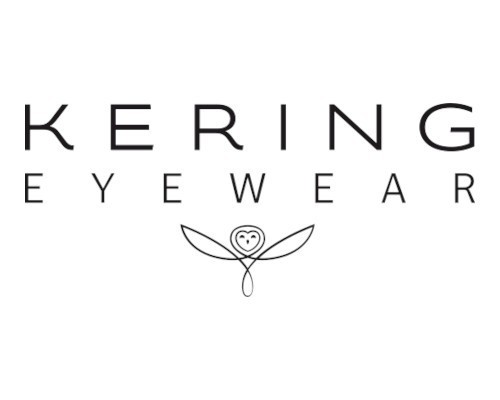Industry News
Kering Eyewear Expands Italian Presence with Strategic Acquisitions of Visard and Stake in Mistral
 Luxury eyewear giant Kering Eyewear has taken a significant step in its industrial development strategy by acquiring Italian manufacturer Visard and a minority stake in fellow Italian firm Mistral.
Luxury eyewear giant Kering Eyewear has taken a significant step in its industrial development strategy by acquiring Italian manufacturer Visard and a minority stake in fellow Italian firm Mistral.
Under a newly signed agreement, Kering Eyewear will acquire 100% of Visard’s share capital and become a minority shareholder in Mistral, with the option to take full ownership in 2030. The move is seen as a strategic play to consolidate Kering Eyewear’s position in the high-end eyewear market and deepen its ties with Italy’s Belluno region, considered one of the world's foremost eyewear manufacturing districts.
Founded in 1985 and 1991 respectively, Visard and Mistral have long-standing reputations for quality and craftsmanship. With a workforce of approximately 75 employees, Visard specialises in injected plastic optical frames and sunglasses, renowned for their artisanal precision. Mistral, employing around 120 people, is noted for its acetate eyewear production, blending traditional craftsmanship with cutting-edge technical innovation.
Both companies have been strategic partners of Kering Eyewear since its inception, and this formalisation of the relationship reflects the French group's ongoing commitment to vertical integration and local expertise.
“Throughout the years, Visard, Mistral, and their respective founding entrepreneurs have provided an invaluable contribution to the success of Kering Eyewear, bringing unparalleled quality and technical expertise to our company,” said Roberto Vedovotto, Founder, President and CEO of Kering Eyewear. “We are therefore proud to welcome Visard within Kering Eyewear and delighted to partner with Mistral for the next phase of its development, confirming our commitment to continuing to support the exceptional human capital of the Belluno district, empowering it as the center of the eyewear industry, while further investing in innovation and promoting craftmanship excellence.”
The acquisition is subject to regulatory approval by the relevant competition authorities and is expected to be completed in the third quarter of 2025.
This latest move follows a broader industry trend of luxury conglomerates reinforcing control over their supply chains to ensure quality, speed, and sustainability from design through to distribution.



